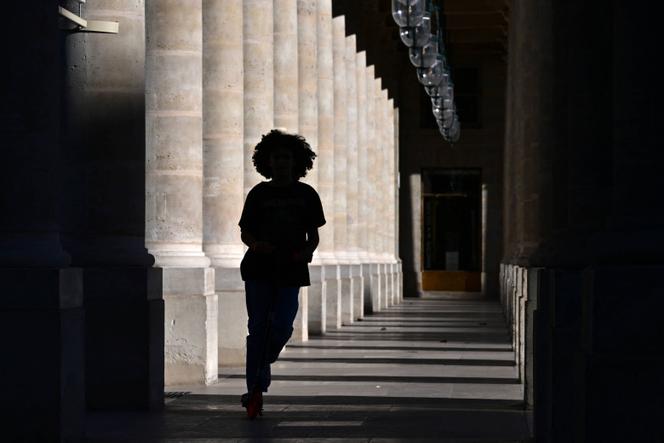


With the European elections just a few weeks away, the decision has already been made for 22-year-old Ilian (all those referred to by their first names wished to remain anonymous): he won't be going to the polls on June 9. "I'm not motivated to go vote," explained this psychology student. The predicted turnout is 31.6% for young people aged 18 to 24, according to the fourth round of a survey on the 2024 European elections carried out by Ipsos, in partnership with Cevipof, Institut Montaigne, Fondation Jean Jaurès and Le Monde, published on Monday. The rest hesitate or abstain. Weary of the political game, skeptical about the usefulness of voting, or simply caught up in other concerns, young abstainers explained their choices to Le Monde.
In the hall of Paris-Nanterre University's library, Ilian was discussing the subject with a friend – a conversation they had not had until then, as the students were not aware of the election date. But the young woman now plans to vote, having been informed about the upcoming election. "I'll vote when I have the time and the stability. Right now, I'm concentrating on my studies," said Ilian, by way of justification, even though he also believed that voting is "a priority per se."
Maria, 21, a Master's student in history at the Sorbonne in Paris, gave a similar explanation: she is "thinking above all about her Master's thesis and her studies." This gap between the awareness of the political act and its actual practice is what Anne Muxel, a political scientist, calls a "political moratorium." According to Muxel, "Young people are joining the abstentionist movement and amplifying it because they are going through a period in their lives when they are not very available for civic participation." Other preoccupations are on their minds: finishing their education, beginning to work, or starting to live independently. While abstention concerns the electorate as a whole, "young people are already structurally more likely to abstain than their elders because of the period of life that characterizes them," said Muxel.
Among these young abstainers, reasons similar to those of the electorate as a whole often come up to justify their decisions – in particular, disillusionment with the political landscape and with the usefulness of voting itself. "I'm disappointed with the parties. None of them manages to hold my attention," said Maria. More specifically, she blamed "dissension on the left" and "a right that is moving closer to the far right."
You have 45.1% of this article left to read. The rest is for subscribers only.
